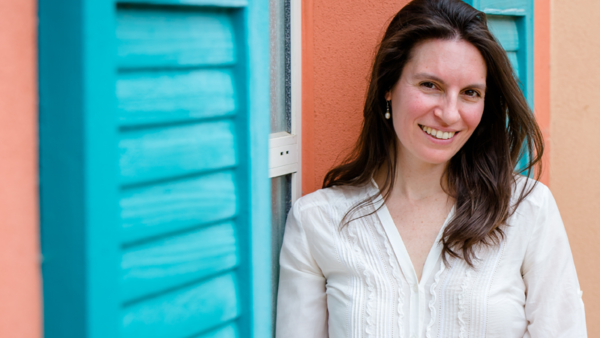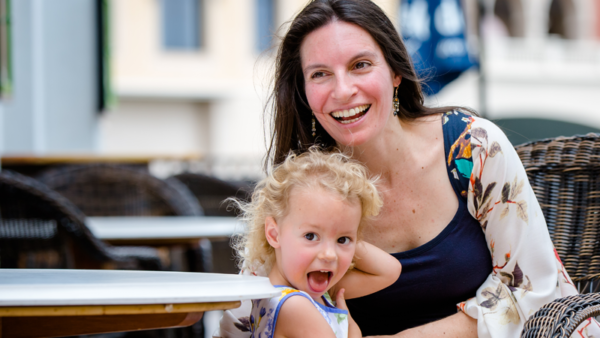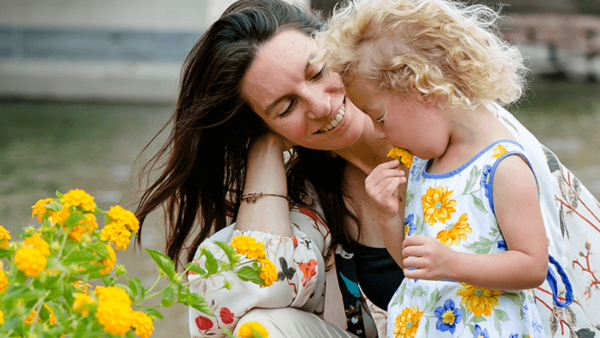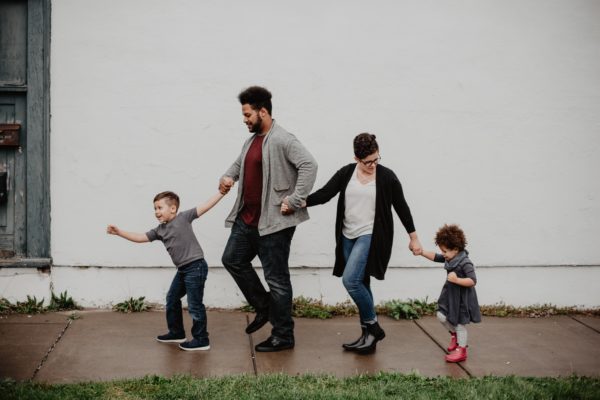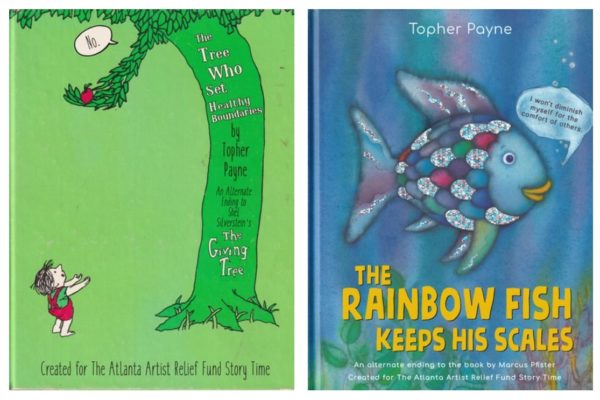Boundaries are not taught well in our culture. Most of us don’t talk about them with kids at all! Think back – did your parents talk to you about feeling your boundaries? About what to do if your boundaries were crossed? Maybe there was a particular scenario (I can think of one or two from my childhood), but not much more than that. And yet, developing that inner compass to guide us to grounded decisions, and to shield us from regret, is one of the most important skills we can learn.
As babies, we all feel our needs, and as we grow we are encouraged to delay gratification or ignore our needs completely. Wait until break for a snack; you can go to the bathroom at recess; don’t be a sissy; contain your anger. Great advice for getting along smoothly with the group – not so great for defending your boundaries.
Somehow, in the course of childhood, I lost sense of my boundaries. The first example that comes to mind was when I was in 1st grade. I remember my mother checking on me in bed one night and telling me that I was too hot. She took the blanket off of me, and it felt better. I remember my own surprise that I hadn’t realized why I wasn’t falling asleep.
Here’s another: Throughout my school years, there was a defined lunch time, so that’s when I ate lunch. Then my freshman year in college, I would diligently work in the library, lose track of time, and find myself trembling, with plummeting blood sugar levels, and the cafeteria closed. One time I was so desperate I knocked on the locked door and begged for food, tears running down my face. Only the salad bar was open, and I stuffed my face with lettuce while the concerned cafeteria worker looked on. I learned to hoard food, always having something in my dorm room, so that I wouldn’t embarrass myself like that again. Score: one for foresight, zero for boundaries.
The emotional boundaries are tougher, especially in adolescence when all you want in the world is to be accepted. I remember being 13 and a family member put on a movie and invited me to sit on his lap, and I did, not realizing that his motivation was sexual. He moved to touch my breasts and I pushed his hands away. But I didn’t get up and leave. I let him nuzzle my neck, even though it made me uncomfortable, because I didn’t want to upset him by rejecting him and I thought of it as a compromise. I didn’t know then that preferences can be compromised, but not boundaries. It’s a subtle but very important distinction.
Adolescence brings all kinds of behavioral changes, including the drive to fit in and the societal pressure on girls to be amiable. Young teens struggle with foresight (the prefrontal cortex is reorganizing), and their emotional brain (the amygdala) is on fire. Wouldn’t it be great if your kids could use that emotional brain to feel and defend their boundaries? It’s totally possible, and it’s not what’s being taught at school. Instead, most kids have lost sight of their boundaries, have little practice defending them, have few role models to learn healthy boundaries from, and are being asked to use foresight and logic to get through their day. We’re not playing to their strengths, and they struggle.
I’ve thought a lot about how I have developed healthy boundaries and how to I can use what I know about how we learn to introduce the topic and skill build with families. Having healthy boundaries is such a core life skill, and I’ve developed a concrete step-by-step process to teach it. It’s what I wish I’d had when I was a kid.
I recently asked my clients in the group program for their feedback, and one wrote this:
“Boundaries!! I finally understand what they are and how to set them. I am happier and calmer…My increased comfort and clearer communication has shifted the tone in the whole family to one of more openness and trust. I see my husband and two sons more willing to listen and to state their own needs. I feel like this is probably more basic and foundational than you intended, but it’s what I needed and I am so excited to have these new skills…All in all the program is great and has been worth every penny.”
So if, like me, you’ve struggled with boundaries, and you’d like some concrete suggestions for how to move forward, grab a spot on my calendar and we’ll get you started!
In support of you,
Anya

